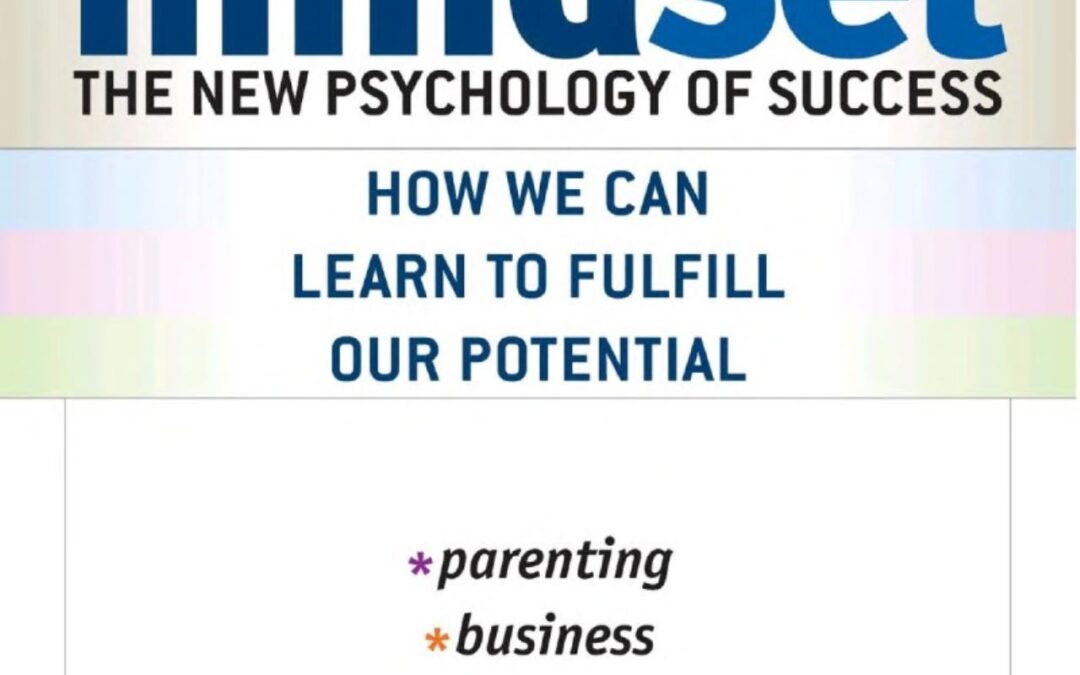Carol S. Dweck’s “Mindset: The New Psychology of Success” delves into the powerful concept of “mindsets” and how they profoundly affect our lives. Dweck categorizes mindsets into two types: the fixed mindset and the growth mindset. The book provides insights into both mindsets’ impact on various aspects of life, including education, relationships, and professional development. Below is a structured summary that encapsulates the key points and actionable steps derived from Dweck’s groundbreaking work.
Understanding Mindsets
Carol S. Dweck’s exploration of mindsets reveals how our perception of our abilities influences our success.
- Fixed Mindset:
- Belief that abilities are static and unchangeable
- Avoids challenges to prevent failure
- Views effort as pointless if talent is fixed
- Growth Mindset:
- Belief that abilities can be developed through dedication and hard work
- Embraces challenges as opportunities to learn
- Sees effort as the path to mastery
- Impact of Mindsets:
- Determines approach to setbacks and criticism
- Influences resilience in the face of obstacles
- Shapes the pursuit of achievements and personal development
The Power of Believing You Can Improve
Dweck emphasizes the transformative potential of adopting a growth mindset for personal and professional growth.
- Changing Your Mindset:
- Acknowledge and understand your own mindset
- Recognize that challenges, effort, and mistakes are opportunities for growth
- Commit to changing your internal narrative from fixed to growth-oriented
- Actionable Steps:
- Identify areas in life where you exhibit a fixed mindset.
- Practice embracing challenges in these areas as opportunities for development.
- Reflect on learning and progress, reinforcing the growth mindset.
- Benefits of a Growth Mindset:
- Enhanced resilience and perseverance
- Improved learning and intelligence
- Greater success in personal and professional endeavors
Applying the Growth Mindset in Education
Dweck provides concrete examples of how educators can foster a growth mindset in students, leading to remarkable improvements in learning and achievement.
- Strategies for Educators:
- Praise the process, not just the intelligence or talent
- Teach students about the brain’s ability to grow and adapt
- Encourage a focus on learning over just getting good grades
- Actionable Steps for Educators:
- Integrate lessons on the brain and growth mindset into the curriculum.
- Offer constructive feedback that focuses on effort and strategies.
- Create a classroom culture that celebrates challenges and persistence.
- Impact on Students:
- Higher motivation and engagement
- Increased resilience in the face of difficulties
- Improved academic performance
Cultivating Growth in the Workplace
The principles of the growth mindset can transform organizational cultures, fostering innovation, collaboration, and resilience.
- Implementing a Growth Mindset Culture:
- Promote learning and development as ongoing processes
- Encourage risk-taking and view failures as learning opportunities
- Support collaboration and open communication
- Actionable Steps for Organizations:
- Train leaders and managers in growth mindset principles.
- Recognize and reward behaviors that demonstrate a growth mindset.
- Implement feedback systems that promote learning and improvement.
- Benefits for Organizations:
- Greater innovation and adaptability
- Enhanced employee engagement and satisfaction
- Improved performance and competitiveness
Conclusion
Carol S. Dweck’s “Mindset: The New Psychology of Success” is a compelling exploration of how our self-perception can shape our lives. By understanding and embracing the growth mindset, individuals can unlock their potential for learning and growth. Educators and organizations can also apply these principles to cultivate environments that nurture resilience, innovation, and success. The actionable steps outlined in this summary provide a roadmap for anyone looking to transform their mindset and, by extension, their life.

